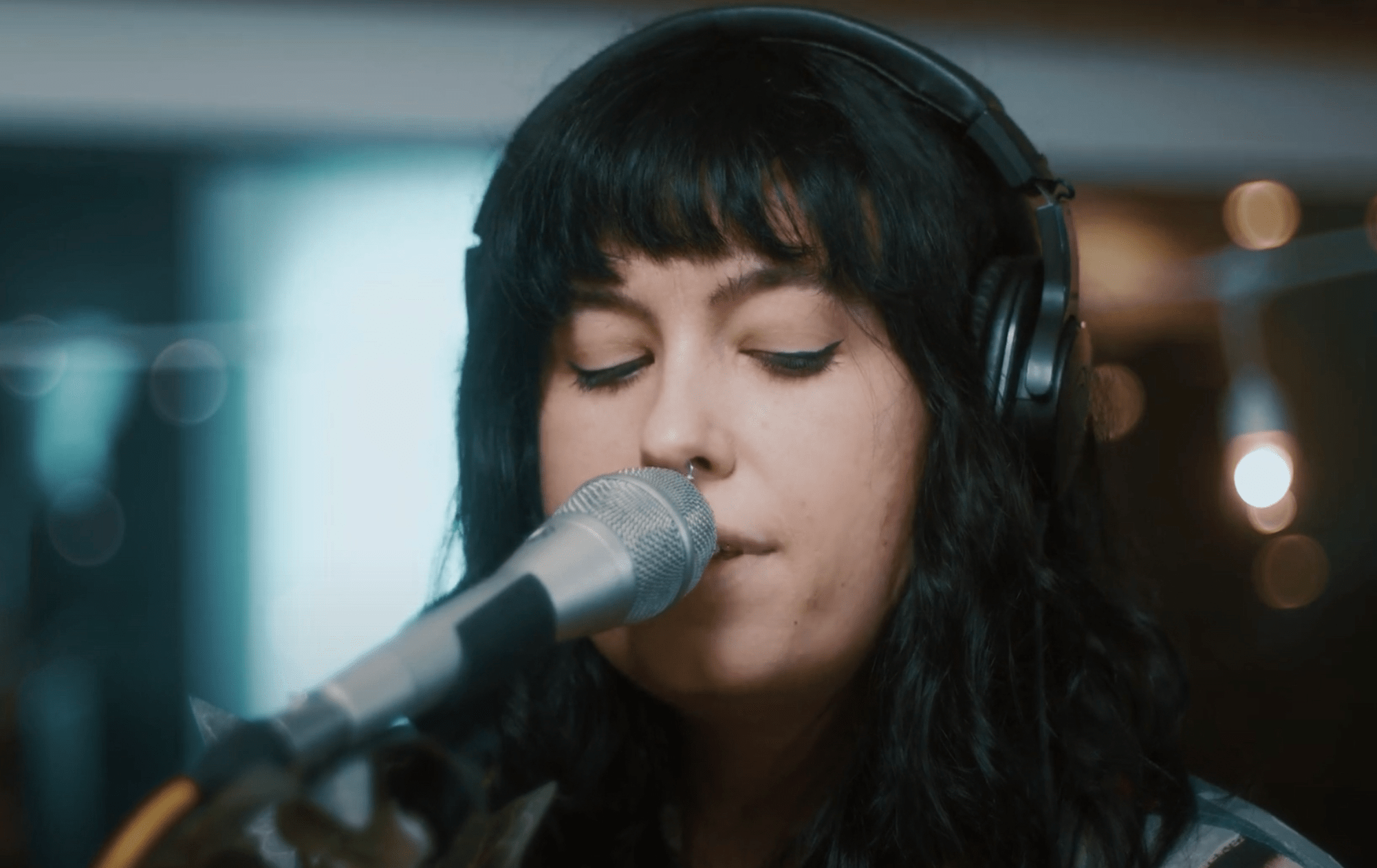Bathe Alone "Limbo"

Bathe Alone recently recorded a series of videos at The Standard Electric Recorders Company. These kind of high fidelity, live studio performances make for some of my favorite music videos. There is an intimacy that feels like it's almost pulling you into a room with the performers.
"Limbo" is one of the standout tracks on Bathe Alone's debut long player, Last Looks. The band's sole member, multi-instrumentalist Bailey Crone explains the dark meaning of the song in an interview about the sessions.
Crone says of the track, “Limbo is actually a super morbid song. The first line is “crawl out of the window, you don’t know where you’re walking”. I like how it sounds like a person crawled out of a window and literally started walking. But in my head, that person killed themself. Like they fell to their death. I hint at this in the second verse with “you faced your fear of falling”. I’m not sure if anyone would’ve picked up on this, but that’s what I love about writing a bit cryptic.
Despite the bleakness of the subject matter, the song is wrapped in a soothing haze, like a fuzzy blanket during a cold winter.
Treasure Hoard
Join the Treasure Hoard newsletter to get digest emails in your inbox.



